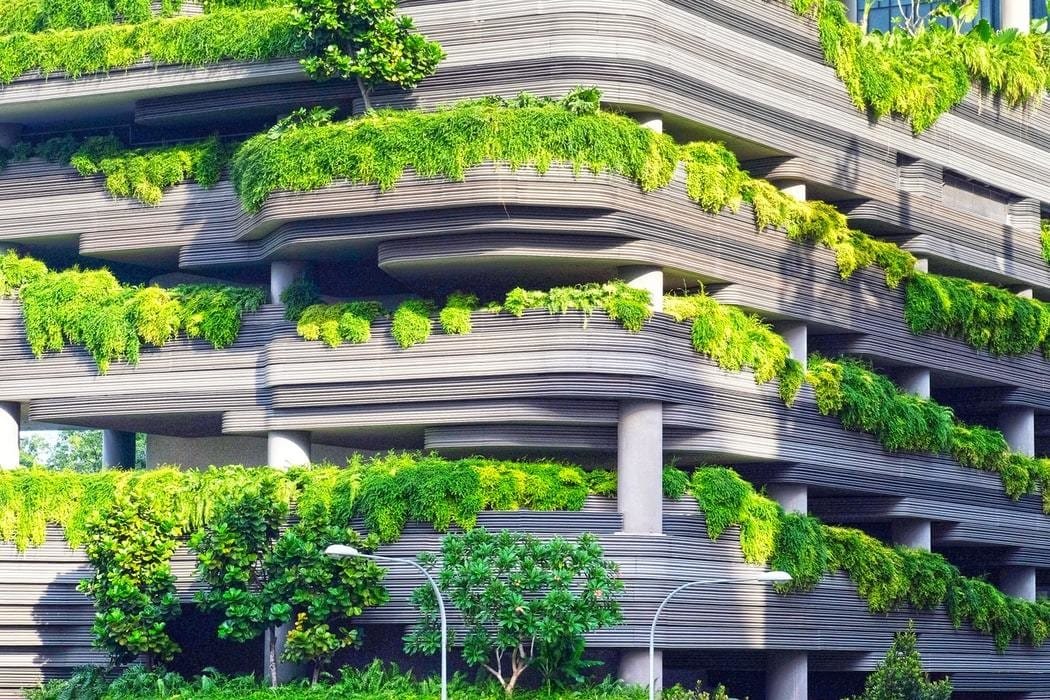If you look for a definition of what a sustainable community is, you will find many different answers, but most agree that a sustainable community is one that provides for the needs of everyone in the community while protecting and limiting damage to the environment. Thus, aspects of a sustainable community in the 21st century would include well-insulated homes based on renewable energy, local employment, an extensive public transportation system, sustainable food production, and a near-zero waste management system. Sustainable communities are popping up all over the United States as new ways to bring neighbors together to support a common goal. The premise of these new neighborhoods is to promote responsible use of natural resources and can sometimes involve communal living, although this varies from community to community. Successful planning of sustainable communities can be divided into two categories: physical sustainability and social sustainability. Information on the first category (physical sustainability) is readily available, but what about the equally important social aspects of building an off-the-grid eco-village? Once energy self-sufficiency, food self-sufficiency, and structure self-sufficiency (house building) are addressed, how do you ensure that people will want to stay in your community, and that new people will want to join, both of which are foundations of sustainable community growth?

If you’re curious about why these are popping up more and more across the country, check out these 5 reasons why you might want to consider one if you’re planning to move soon!
1. They help protect the environment
One of the main requirements of living in a sustainable community is adhering to rules about eco-conscious living. This can include using sustainable or renewable materials when building your home, driving low-emission cars (carpooling and public transportation are also encouraged), and reducing energy consumption. When the community follows these rules, it helps reduce the carbon footprint of the community as a whole, which helps reduce greenhouse gases.
2. They help educate the city around which they are built
Sustainable communities help to educate the public as a whole by showing the eco-responsible options available to everyone. Whether it’s learning about composting, how to use less electricity, or how to work with local governments for help with sustainability, these communities educate the public by leading by example.
3. They promote the community as a whole
In many large cities, neighbors have become strangers, and the common bond that used to be central to a neighborhood is missing. In sustainable communities, the community as a whole works toward a greener neighborhood, forcing neighbors to interact with each other. This fosters new lines of communication, and brings back friendly neighborhoods that seem to be disappearing elsewhere.

4. They offer an economic advantage to cities in recession
Sustainable communities engage in environmentally conscious activities, such as rejuvenating areas that have fallen into disrepair (rather than building on new land). In economically depressed cities like Cleveland, OH, Greenville, SC, and even parts of Seattle, the population was revitalized when sustainable communities renovated neighborhoods.
5. They promote change at the governmental level
States like Maryland and California have begun offering tax breaks to communities that focus on sustainable living and are popping up in their cities. As many in the communities become eco-activists, they also become political activists by ensuring that their elected officials take note of the new developments. Once the government begins to notice the benefits these communities have for residents, they begin to push for change throughout the city. San Francisco, CA saw what can happen when a neighborhood comes together to promote eco-conscious living, and were so impressed with the changes that legislation began working to give activists more say in how businesses affect their communities, green spaces and environments.
Communities focused on eco-conscious living are on the rise, and for good reasons! Promoting renewable and sustainable ways of living helps the environment and the community. If you are looking for more information on how to join a sustainable community (or create one in your own neighborhood) contact your local legislators for steps and resources.
